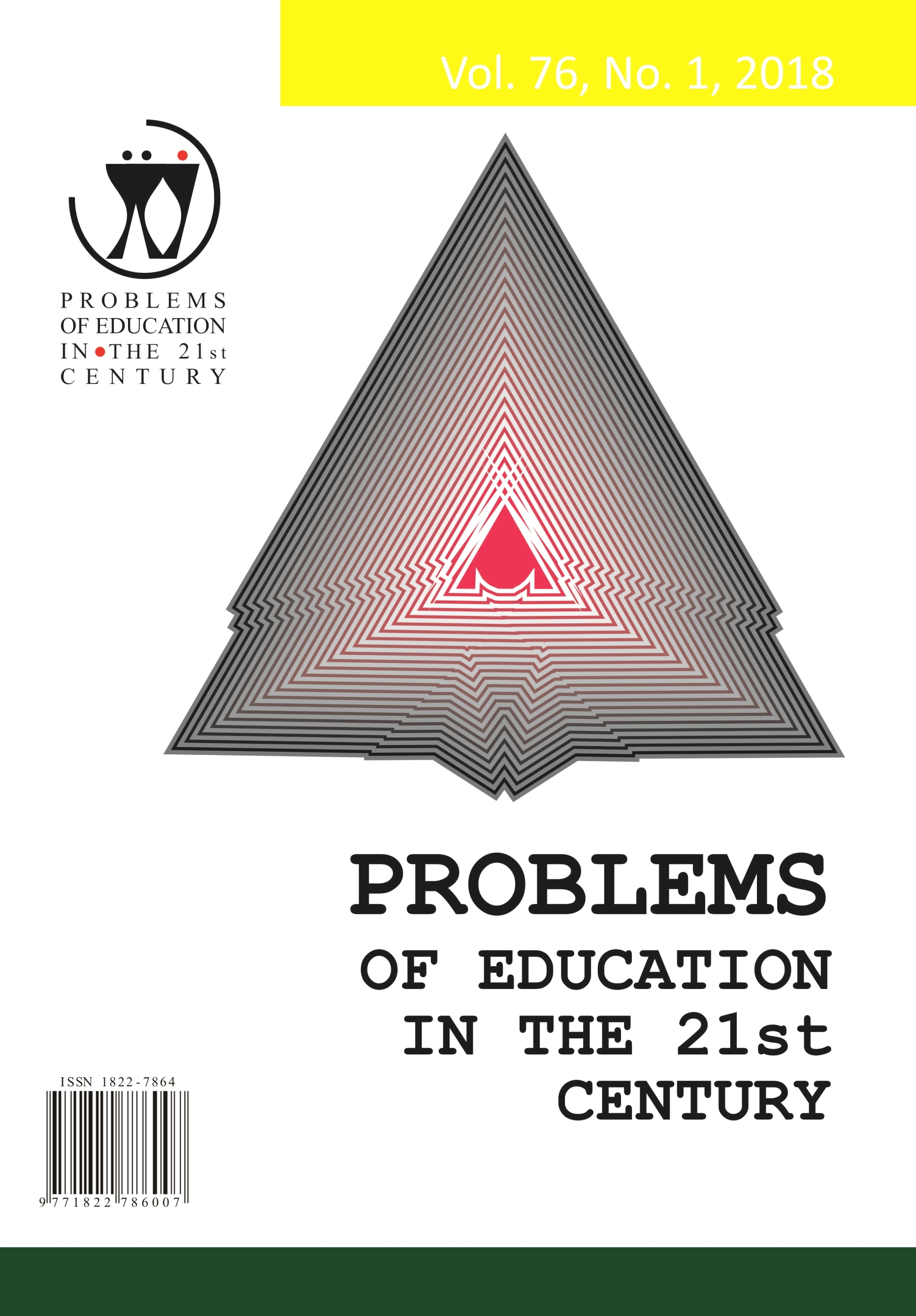THE EFFECTS OF EXECUTIVE FUNCTIONS AND THEORY OF MIND ON SEMANTIC FLUENCY IN PRESCHOOL CHILDREN
THE EFFECTS OF EXECUTIVE FUNCTIONS AND THEORY OF MIND ON SEMANTIC FLUENCY IN PRESCHOOL CHILDREN
Author(s): Inga Biščević, Arnela Pasalic, Haris MemiševićSubject(s): Education, Semantics, Preschool education, Cognitive Psychology
Published by: Scientia Socialis, UAB
Keywords: semantic fluency; executive functions; theory of mind; preschool children;
Summary/Abstract: Semantic fluency (SF) is a suitable indicator of preschool verbal abilities and can be used as a predictor of later school success. This research examined the effects of executive functions (EF) and theory of mind (TOM) on semantic fluency in preschool children. Dimensional Card Sorting test was used as an instrument of executive functions and the Sally-Anne test was used as a measure of theory of mind. The sample for this research comprised 116 preschool children, 60 boys, 56 girls, aged 38-72 months. The results of this research revealed a statistically significant effect of EF on SF (p=.03). The effect of TOM on SF was statistically non-significant, although approaching statistical significance (p=.06). There were no interaction effects of EF and TOM on SF. Findings of this research strongly suggest the need for EF training activities in preschool children. Preschool institutions of 21st century need to have curricula aimed at fostering EF skills.
Journal: Problems of Education in the 21st Century
- Issue Year: 76/2018
- Issue No: 1
- Page Range: 21-28
- Page Count: 8
- Language: English

